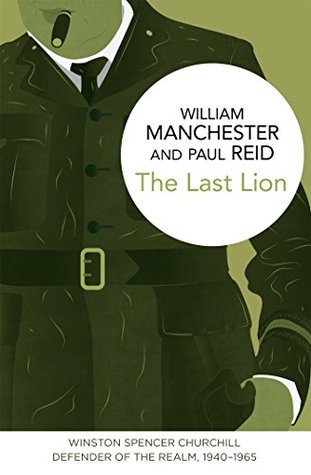More on this book
Community
Kindle Notes & Highlights
Read between
March 5, 2016 - January 9, 2017
The empires of the futures are the empires of the mind.”260
War is the teacher, a hard, stern, efficient teacher. War has taught us to make these vast strides forward towards a far more complete equalisation of the parts to be played by men and women in society.
“I would rather,” Churchill replied, “be taken out to the garden here and now and be shot myself rather than sully my own and my country’s honour by such infamy.”
Churchill had arrived at many of the same truths Clausewitz held dear—confuse the enemy; add creative and idiosyncratic elements to the conflict; control the deranging of events on the battlefield. When it came to fighting, Ismay recalled, Churchill “venerated tradition, but ridiculed convention.”131
the pursuit of absolute victory without slaughter will, in the long run, result in slaughter without victory.8
“I am much depressed about the country because for whoever wins there will be nothing but bitterness and strife, like men fighting savagely on a small raft which is breaking up. ‘May God save you all’ is my prayer.”121
The conclusion was obvious: world wars could still be fought, but could no longer be won.127
Churchill had spent his entire life creating an identity from his own audacious imagination, which, as Oscar Wilde observed, was the best way to get through life without suffering through it all.


